One of the first lectures we ever received as medical students was on professionalism. The lecturer drew up a webpage from the General Medical Council (GMC), emphasising our roles as future clinicians and the responsibility this entailed. We were all recommended to read the GMC’s ’Tomorrow’s Doctors’ publication, outlining the expectations that were placed upon us from the minute we registered on the course. These points have been emphasised throughout every year of the course through these professionalism lectures, deemed necessary through their registration of student attendance.
But the doctor is more than a public figure. He is also a person. He has his own vulnerabilities and his own virtues. It has been said that doctors are the modern priests, the people we now put our faith in when times get tough. And no doubt with such privilege comes the responsibility to handle this power carefully. But if we build our doctors up as idols, we forget they are human. We must be careful not to place them on a pedestal so high that one slip will lead to their demise. And perhaps that is what is happening right now. The GMC has come under attack for the way it treats doctors who undergo fitness to practice procedures. From 2005-2013, 28 doctors undergoing such procedures committed suicide. It has been suggested that one of the factors that may have come under play was the stress of being investigated (1). By placing too much emphasis on expectations, and not enough on the humanity, any one of us would crumble. Doctors are not infallible.
Indeed, it is this humanity that makes a ‘good’ doctor. It is this humanity that helps a patient feel cared for, listened to, and empathised with. It is these vulnerabilities that bring patient and doctor together, helping them share the patient’s pain and suffering, leading to tailored management that encompasses more than just the patient’s body. This leads me on to the question: is self-disclosure ever appropriate? Can it lead to positive outcomes, a feeling of being understood by the patient, of being connected by the doctor? Or is it a line too far, a sign of the public figure no longer being public?
A report of 1,246 audiotaped office visits collected in 1993 from Oregon and Maryland found that in 15.4% of these appointments, there was self-disclosure from the doctor, while 71% of doctors disclosed in at least one of their visits that was audiotaped (5). A further analysis of these self-disclosure statements found that the majority fell into the category of either reassurance, counselling or rapport building (7). Self-disclosure does seem to be prominent, although its level can vary from sharing stories of day-to-day living to ones of tragedy and heartache.
It can be difficult for to open up to a stranger. Despite the promises of confidentiality and the public persona of the physician, it can still be difficult to force the words to fall in the right order. Anyone who has ever walked into their doctors office with an embarrassing or sensitive issue will have experienced this. And part of the doctors role is to encourage disclosure from the patient. They need to create an open and trusting environment, one in which the patient does not feel judged. Part of this can be the professional nature of the doctor, their authoritative persona and vast knowledge. But part of it is also their emotional intelligence. How they are able to connect with the patient in front of them, ask the right questions, probe gently into their lives. Part of it is making the patient feel as if they are talking to a friend, someone they can trust.
One may argue that the doctor is also a scientist. He is the passive observer, looking out for the signs. His practice is built upon evidence, his training upon the anatomy and physiology of the body. Should he step further into his patients lives – and more importantly, allow his patients to step further into his?
In todays society, the doctor is no longer just a scientist. He also holds the faith of his patients.
“The doctor should be opaque to his patients and, like a mirror, should show them nothing but what is shown to him.” – Sigmund Freud, 1912 (8)
Of course, self-disclosure can also make a patient feel uncomfortable. Despite the friendliness, one must always remember the title of doctor and patient. It is not the patients job to treat the doctor, to increase their ego or self-worth. This professional relationship of doctor-patient is seen as one-sided in this respect: the patient reveals themselves, not the other way around. But remember – doctors are human. And humans reveal things about themselves, even subconsciously. The clothes you choose to wear displays your wealth and your level of self-care. The posters you put upon your office wall reveal your interests. Your body language reveals how comfortable you feel in conversation. Your words display your education. This may explain the uncomfortableness some people feel towards doctors having tattoos or outrageously dyed hair, and why some people may feel more comfortable speaking with a doctor of their own gender – because there is a shared experience. This experience may not necessarily be verbalised within the consultation, but it can be felt in the room. Yet some of these revelations can also lead to prejudices from patients. That is the consequence of dealing with human beings. But perhaps you can use this disclosure to your advantage, to make your patients feel more comfortable, more understood. In order to feel comfortable, it is important for the relationship between doctor and patient to feel “real”.

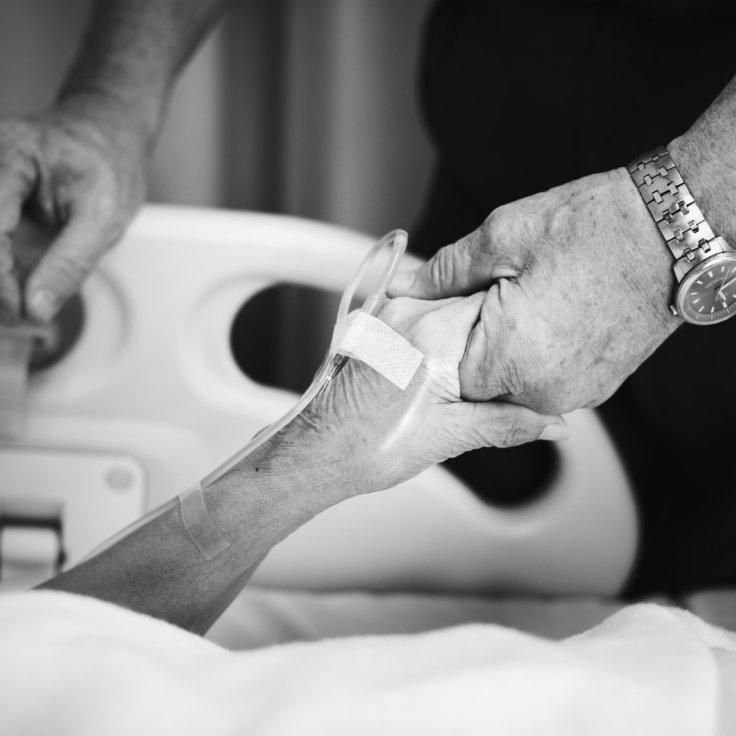
Of course, doctors are a heterogeneous group. Different specialities lead to different amounts of time spent with patients and different levels of continuity. The best environment for such disclosure to be held would be within primary care, with GPs. These are the doctors who should know their patients best and deal with their holistic needs, more so than any other speciality. They would ideally be able to tell if disclosure would be appropriate and in which circumstances – how their patients would act, and whether it would have a positive impact. Compare this to a setting like psychiatry – in the same way, the doctors may know their patients very well given the lengthy consultation times and deep issues that are dealt with, but self-disclosure may not be deemed as appropriate given the vulnerability of many of the patients.
Self-disclosure can also have its negatives – not just in how the perception of the physician is changed within the patients mind, but that the doctor may begin to be seen more and more as a close friend – to the extent that this may lead to increased curiosity and even attraction. Even without revealing anything, it has been found that 71% of female and 29% of male medical students have reported having sexual advances being placed upon them by patients (2). Some have argued that self-disclosure can lead to a slippery slope towards a violation of boundaries, while others suggest that self-disclosure is simply a form of self-preoccupation (7).
If one is to self-disclose, then one must be careful not to do it in excess, to the extent that either the patient feels uncomfortable, or that it leads to the downward projection of a violation of boundaries. The other worry is that it can also lead to something called transference: when a patient unconsciously projects an aspect of a previous relationship on to the doctor. For example, a patient who is afraid that they are very ill may compose themselves to a child-like role and project a parent-like quality on to the doctor, with an expectation that they will provide support (3). This is one part of the way people relate to each other, and putting this into the context of self-disclosure, further information about a doctors personal life may lead to unwanted feelings and behaviours from the patient due to past experiences.
Surely patients do not expect doctors to reveal everything about themselves either. For example, it would feel unnatural to go to our doctors house for an appointment – for both parties. Both players want a level of privacy, and this should be respected. One could argue that this boundary between doctor and patient has become blurred as patients become more empowered. Information about health conditions and management is freely available online, and the decision for treatment lies in the hands of the patient. No longer is the doctor the authority in the white coat. Perhaps this suggests that the doctor is no longer the priest either – perhaps the priest is the patient himself. In which case, if we begin to see both doctor and patient on an equal level, will self-disclosure eventually become an expectation? Will we end up in an era where it is deemed normal for the patient to probe gently into their doctors life? The boundary between doctor and patient are permeable and ever-changing. They are different in different cultures, and different between each patient. The advent of social media has led to doctors personal lives being on show, and with it our expectations of the clinician are changing. They are acknowledged for their hard work, respected for their knowledge, but they are also part of the human spectrum.
Self-disclosure may be justified if it can lead to a positive outcome for the patient and there is still a level of control. It is important that the self-disclosure is not done just for the doctors benefit – something that may arise if a physician feels trapped in their own personal life. This in itself illustrates the need for doctors to be supported themselves through their own doctor so that personal issues do not transfer into their professional life. However, if a stable relationship has formed between doctor and patient, and an evaluation is done beforehand of what the self-disclosure would mean to the patient, and this disclosure can be justified, then perhaps it can be deemed appropriate. A stable relationship is a requirement so that control can still be handled, and limits still drawn between doctor and patient, while still developing the therapeutic relationship through a display of the physicians own experiences as a way for the patient to reflect and understand themselves.
The Power of Self-Disclosure
Self-disclosure can sometimes be powerful, especially when someone has gone through traumatic experiences. We have all experienced this ourselves when reading the news – the statistics go past our heads, but an anecdote reaches our heart. In the same way, a doctor telling us that people move on from bereavement is very different to a doctor sharing their own experiences of how they have moved on. In this way, disclosure can help to remove the alienation that a patient may feel, helping them to understand that how they are feeling is normal and they are not alone (4). This type of disclosure can also deepen the therapeutic relationship, allowing the physician to step down from his pedestal and giving the patient the opportunity to open up. Disclosures in such personal topics can help alleviate the loneliness patients may feel who are going through the same tragedies, but it can also leave a doctor vulnerable. Perhaps self-disclosure is warranted when one has a goal in mind.
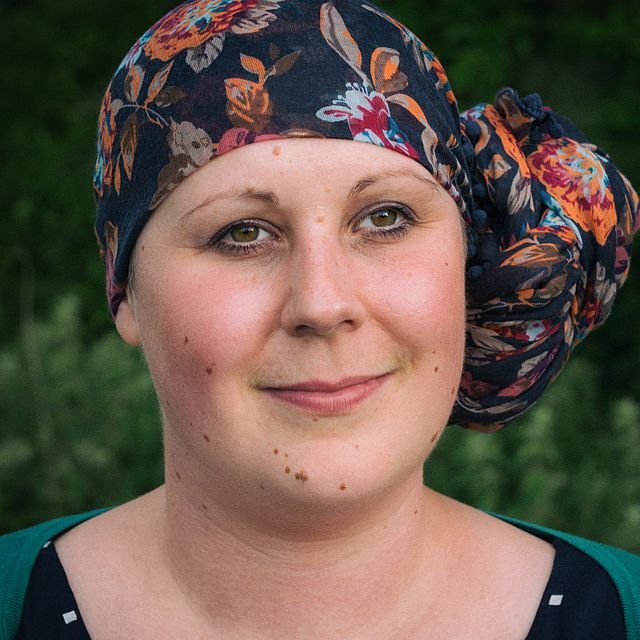
One excellent example is the late Dr Kate Granger, a young doctor who was diagnosed with terminal cancer. Dr Granger’s experience as a patient allowed her to pick up on important elements of the doctor-patient relationship which were missed, and subsequently increased awareness and improved the communication, empathy and compassion between clinicians and their patients through her campaign, ‘My Name Is.’
Self-disclosure can thus be a powerful tool if it is used appropriately.
Self-disclosure is appropriate if:
- There is a positive outcome for the patient
- There is a level of control in the doctor-patient relationship
- The doctor is self-aware of their motivation for disclosure
Michael Balint, a Hungarian psychoanalyst, said that the doctor in himself is a drug that he prescribes to his patients (6). All drugs have side effects. It is therefore up to the doctor to balance the benefits with the risks and decide whether the drug would be therapeutic.
- General Medical Council. 2014. GMC to review its treatment of vulnerable doctors under fitness to practice investigation [Online]. Available at: http://www.gmc-uk.org/news/26011.asp [Accessed: 20th June 2015]
- Lussier, M. Richard, C. Self-disclosure during medical encounters. Official Publication of The College of Family Physicians of Canada. 53:421-422
- Hughes, P., Kerr, P. 2000. Transference and countertransference in communication between doctor and patient. Advances in Psychiatric Treatment. 6:57-64
- Psychopathology Committee of the Group for the Advancement of Psychiatry. Reexamination of therapist self-disclosure. Psychiatric Services. 52:1489-1493
- Beach, M.C., Roter, D., Rubin, H., Frankel, R., Levinson, W., Ford, D.E. 2004. Is Physician Self-disclosure Related to Patient Evaluation of office Visits? Journal of General Internal Medicine. 19:905-910
- Balint, J. 2000. The Doctor, His Patient and The Illness. Churchill Livingstone; 2nd
- Beach, M.C., Roter, D., Larson, S., Levinson, W., Ford, D.E., Frankel, R. 2004. What Do Physicians Tell Patients About Themselves? A Qualitative Analysis of Physician Self-disclosure. Journal of General Internal Medicine. 19:911-916
- Leudar, I., Antaki, C., Barnes, R. 2006. When psychotherapists disclose personal information about themselves to clients. Communication & Medicine. 3:27-41
- BBC News Health. 2015. Terminally ill doctor Kate Granger’s ‘my name is’ campaign wins support [Online]. Available at: http://www.bbc.co.uk/news/health-31062042 [Acc3essed: 20th June 2015]

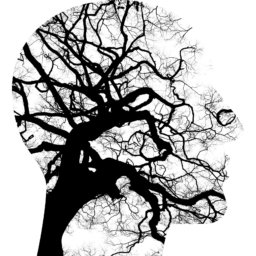

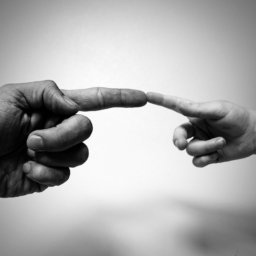






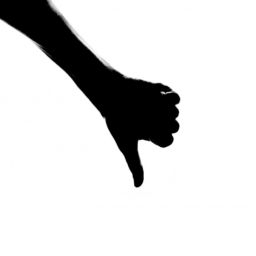



It is really a nice and useful piece of information. I am glad that you shared this useful info with us. Please keep us informed like this. Thank you for sharing.
I believe this is an informative post and it is extremely useful and knowledgeable.
I truly enjoyed reading this postBigig fan, thank you!
Best regards,
Dinesen Valenzuela
Best view i have ever seen !